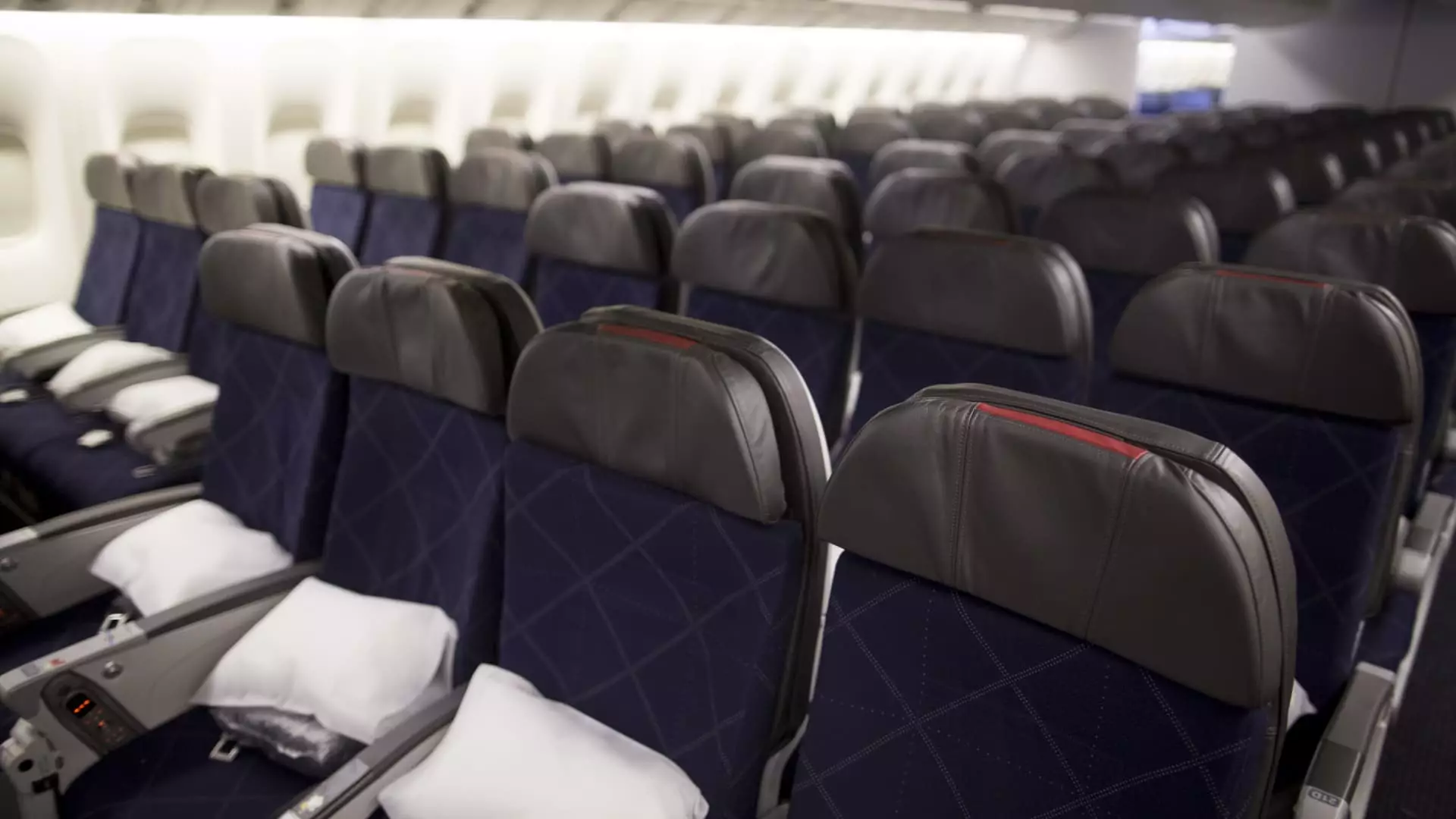In an era where consumers are increasingly aware of their expenditures, the American airline industry finds itself defending its pricing strategies in front of legislative scrutiny. On an upcoming Wednesday, top executives from major U.S. airlines will face a Senate panel challenging the legitimacy of what many refer to as “junk” fees associated with seat selection. Spanning the years from 2018 to 2023, these airlines—American, Delta, United, Spirit, and Frontier—reportedly generated a staggering $12.4 billion from seat fees alone. This raises questions about transparency and fairness in airline pricing practices.
These seating fees often relate to additional legroom or preferential locations, such as seats nearer to the front or those next to a window or aisle. While the airline executives argue that these fees are voluntary and presented as options for customers who desire better seating, the underlying dilemma remains. Is it fair to charge for what many consider basic elements of the flying experience? Stephen Johnson, American Airlines’ chief strategy officer, asserts that these fees are clearly communicated and that customers willingly choose to pay for them.
The emergence of such fees does not exist in a vacuum. The current administration, alongside certain lawmakers, has expressed a commitment to address the pressures of “junk” fees across various industries, with airlines deemed a primary focus. This culminates from growing consumer frustration with costs that seemingly emerge from thin air. The sentiment is particularly potent in an industry that has historically enjoyed extra revenue streams, leading to speculation about the ethical implications of these charges. The question looms: should airlines be required to include these costs in the upfront ticket price to ensure clearer communication for consumers?
In an environment of rising competition, especially from low-cost carriers like Spirit and Frontier, the traditional airlines are re-evaluating their service models. They are increasingly offering a wider array of economy services that allow customers to mix and match their flight experience. Additional fees for checked bags and seat selections demonstrate a pivot towards a fee-based model—a practice that is marketed as providing greater customer choice. However, critics argue that this practice takes advantage of travelers seeking budget-friendly options, often luring them in with low base fares that balloon with additional charges.
As the Senate hearing approaches, anticipation grows not only for the intentions behind the airlines’ defense but for the subsequent implications on the flying public. The return to airline profitability post-COVID has reignited discussions about the responsibility of corporations in transparent pricing practices. The aviation industry stands at a crossroads, where the balance between profitability and consumer satisfaction must be navigated adeptly. Observers will closely monitor this pivotal testimony, as it marks a significant moment in the ongoing evolution of airline policies and consumer rights. The resolution of these debates could set important precedents, influencing how airlines operate and how consumers engage with this crucial aspect of modern travel.

Leave a Reply